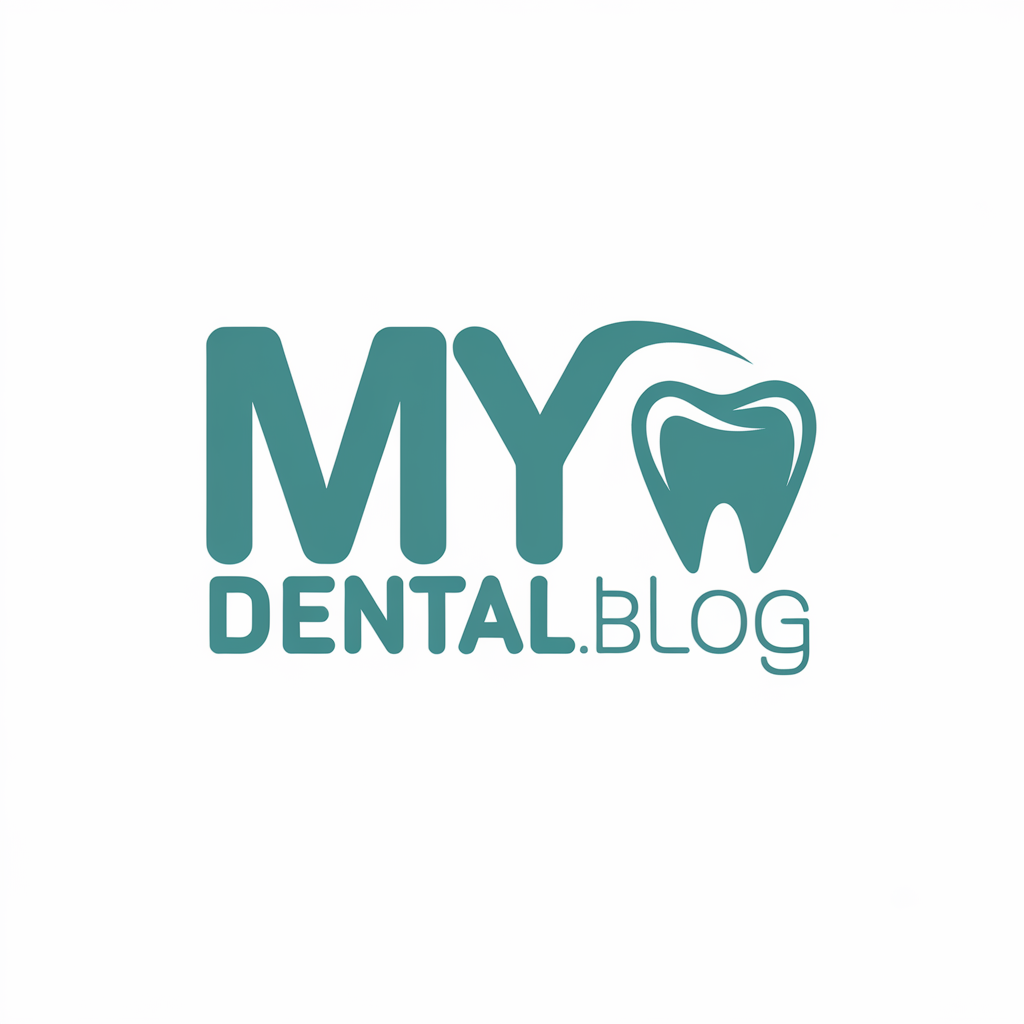Do Cavities Always Hurt. Here’s the Truth
Picture a silent thief in the night—cavities can creep in without any warning, and they don’t always announce their presence with pain. In fact, many people don’t realize they have a cavity until it’s too late. Understanding this elusive nature is crucial. So, what exactly happens during the development of a cavity, and why is pain not always a reliable indicator?
Key Takeaways
- Not all cavities cause pain; many can remain silent without noticeable symptoms.
- Early-stage cavities may not hurt but can still progress without treatment.
- Early detection during regular check-ups can prevent pain from worsening cavities.
- Signs of cavities include dark spots, sensitivity, and bad breath without pain.
- Maintaining good oral hygiene can prevent cavities, even if they don’t hurt initially.
Understanding Cavities and Their Development
You might believe some cavity myths, like thinking that only sugary treats cause decay. In reality, any fermentable carbohydrate can contribute to cavity formation. Additionally, poor oral hygiene allows plaque to buildup, intensifying acid production. It’s essential to brush, floss, and visit your dentist regularly to combat these factors. Another misconception is that cavities only develop in children; adults can also be affected. Maintaining oral hygiene practices is crucial in preventing cavities. Understanding these truths helps you take proactive steps to protect your dental health effectively.
The Myth of Painful Cavities
Many people believe that all cavities cause pain, but that’s not always the case. You might’ve silent cavities that don’t show any symptoms until they progress. Understanding this misconception can help you recognize when to seek dental care, even if you’re not experiencing discomfort. It’s important to remember that untreated cavities can worsen over time, leading to advanced decay and more severe dental issues.
Silent Cavities Explained
While you might associate cavities with pain and discomfort, the reality is that many cavities develop silently without causing any immediate symptoms.
These “silent cavities” can form below the surface, often going unnoticed until they progress significantly. You may not feel any sensitivity or discomfort during the early stages, leading to a false sense of security about your dental health.
Regular check-ups and X-rays are essential in identifying these hidden threats. By staying proactive about your oral care, you can catch silent cavities before they escalate, protecting your teeth and preserving your overall dental health.
Pain and Sensitivity Indicators
How do you know if a cavity is causing pain or sensitivity? You might experience discomfort when eating hot, cold, or sweet foods, or you could feel a dull ache in the affected area.
However, it’s crucial to remember that not all cavities trigger pain. Some may not cause any symptoms, leading you to believe your teeth are fine.
Regular dental check-ups are essential, as professionals can identify silent cavities before they cause harm.
If you experience persistent discomfort or sensitivity, seek dental advice promptly to prevent further complications. Early intervention can save you from more extensive treatments later on.
Different Stages of Cavities and Sensitivity
Understanding the different stages of cavities can help you recognize when sensitivity becomes a concern. In the early stages, you mightn’t feel much discomfort, but as decay progresses, pain can become more pronounced. This journey from minimal sensitivity to advanced cavity pain is crucial for your dental health. Early recognition of tooth decay stages can lead to more effective treatment options.
Early Cavity Development
As cavities develop, they progress through various stages that can significantly affect your dental health. Understanding these stages helps you identify potential issues early on. Here’s a breakdown:
| Stage | Description | Sensitivity Level |
|---|---|---|
| Enamel Decay | Initial demineralization | Usually none |
| Dentin Involvement | Decay reaches dentin | Mild sensitivity |
| Pulp Inflammation | Infection spreads to the pulp | Increased sensitivity |
Addressing cavities at the enamel or dentin stage can prevent further damage. Being proactive about your dental health ensures you avoid complications later on.
Advanced Cavity Pain
Ignoring early warning signs of cavities can lead to advanced cavity pain, where discomfort intensifies as decay progresses.
Initially, you might experience sensitivity to hot, cold, or sweet foods. As the cavity worsens, pain can become more persistent, even at rest.
Advanced decay can expose the tooth’s inner pulp, causing sharp, throbbing pain and potential infection. It’s crucial to recognize these stages and seek dental care promptly.
Early intervention can prevent severe pain and costly treatments. Remember, maintaining regular dental check-ups is vital for catching cavities before they evolve into serious issues.
Don’t wait; prioritize your dental health.
Signs of Cavities Beyond Pain
While pain is a common indicator of cavities, there are several other signs that can signal tooth decay before discomfort sets in.
You might notice dark spots or discoloration on your teeth, which could indicate enamel damage. Increased sensitivity to hot or cold foods and drinks is another warning sign.
Additionally, if you experience bad breath that doesn’t go away after brushing, it may suggest the presence of cavities. Frequent holes or pits in your teeth can also be a concern.
Bleeding gums can also be an early sign of dental issues and may indicate gum disease that requires attention.
Paying attention to these signs can help you catch cavities early and maintain your oral health.
Importance of Regular Dental Check-ups
Regular dental check-ups play a crucial role in maintaining your oral health, since they enable early detection and treatment of cavities before they escalate into more significant problems.
By visiting your dentist regularly, you allow them to identify potential issues that you might overlook, such as enamel erosion or plaque accumulation. These appointments often include professional cleanings and screenings, which can prevent the need for more extensive treatments down the line.
Moreover, your dentist provides personalized advice tailored to your dental hygiene routine, helping you maintain a healthy smile.
Prioritizing these visits is key to sustaining your overall well-being, as early detection can significantly reduce the risk of severe health complications associated with untreated dental issues.
What to Do If You Suspect a Cavity
If you notice signs of a cavity, such as sensitivity to hot or cold, pain when biting, or visible dark spots on your teeth, it’s important to act quickly.
Schedule an appointment with your dentist as soon as possible. They’ll conduct an examination and possibly take X-rays to confirm the presence of a cavity.
Meanwhile, avoid sugary and acidic foods that can exacerbate the problem.
Maintain good oral hygiene by brushing twice a day and flossing regularly. Over-the-counter pain relievers can help manage discomfort until your dental visit. Furthermore, addressing oral health issues can significantly improve your overall mental well-being.





